USE THE MIC: Speaking Up About Plastic Waste Reduction
This article originally appeared in She Shreds Issue #17, which was released in April 2019.
When Ana Perrote, the guitarist and vocalist of the Spanish band Hinds, made plastic waste reduction her 2019 resolution, she knew it was a goal that would be directly tied to her work as an artist. It makes sense, considering the extent to which plastic is part of music: from the materials that are used to press vinyl, and the hard cases that still often protect CDs, to the water bottles included on artist riders.
For Perrote, reducing her own plastic use is just as important as spreading the word about senseless consumption. On Instagram, she has dedicated a highlighted story to the topic, and regularly adds updates demonstrating how she avoids plastic use throughout the course of her daily life. “As someone with a bunch of [social media] followers, I can make a bigger change by influencing other people, rather than by just living a plastic-free life myself,” Perrote says. “Once you are aware of the problem we are facing, and how easy it is to change some habits, the need to let others know grows, creating a domino effect.” Perrote’s recent updates explain how she refuses straws and plastic bags, purchases unwrapped fruits and veggies, and opts for reusable menstrual cups.
In 2019, plastic waste remains an increasingly devastating problem. The destruction caused by plastic has started to get some media attention over the past couple of years, including a National Geographic cover story, Rolling Stone and BBC News features, and a 60 Minutes special. However, this slow trickle of attention, and the small changes that have followed—such as reduced use of plastic bags and straws—are not nearly enough to effectively address the massive scale of this problem, or the cultural and economic norms at the root of it. And with the proliferation of extreme right-wing governments worldwide deprioritizing the environment, the urgency of advocating for change lies in our own hands.
Within music, one specific action that artists, industry professionals, and fans can collectively take is addressing plastic consumption at live shows. At Doug Fir Lounge, a venue in Portland, Oregon, show booker Eric Zamarripa and marketing manager Rochelle Hunter have made progress by eliminating plastic cups in their bars. “In the green room it gets tricky, because a lot of bands request bottled water,” says Hunter. “One thing that would [help] is to inform bands in advance of how high quality the tap water is.” Doug Fir has seen an increase in riders that refuse plastic, but only sees those requests a couple of times per month.
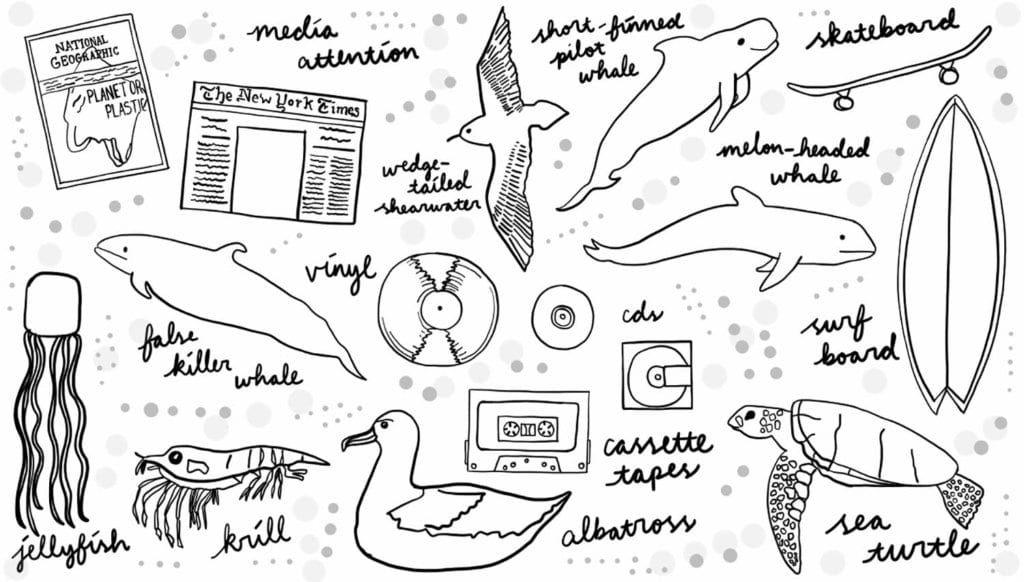
Hinds’ tour manager Fiona Campbell has observed the consumption of plastic water bottles on the road getting exponentially worse over the past decade: “Now [water bottles are] considered a necessity rather than just something nice to have around,” she says. Campbell (also a drummer who’s played with Vivian Girls, Shamir, and Chain and the Gang) has encouraged Hinds in their efforts to address plastic waste. Growing up in New Zealand, Campbell remembers public campaigns from her childhood, such as Double J and Twice the T’s 1990 eco anthem, “Def to be Green” and the catchphrase, “Wash it, squash it, and put it in the bin.” She’s observed much more waste produced in the United States than New Zealand, too.
Many artists are becoming more aware that reducing and reusing plastics are more effective than relying on recycling alone. According to the The New York Times, much of the plastic put in recycling bins in the United States, Canada, Australia, Britain, and Germany began going straight to landfills last year, after China stopped accepting foreign plastics as part of a new anti-pollution program. Furthermore, hardly any of the plastic waste produced by the music industry is even recyclable: CDs, cassettes, drum heads, and the packaging that so much of our music gear is wrapped in. Colombian organization Plástico Infinito sees those kinds of plastic waste as reusable material; they work with local communities to develop economically productive ways to reuse it. They sort and clean the plastic, and use specialized but accessible machinery to reform it into household items, skateboards, and parts for surfboards. Plástico Infinito’s social management coordinator, Robert Vivas Londoño, has high hopes for the music industry to “stop thinking linearly and start thinking circularly.”
“Music can speak for those who can’t speak,” says Londoño. ”The earth, its species, its fauna and flora—through songs, messages, [and by] thinking of their industry as environmentally conscious. If you learn about the issue of ‘garbage,’ you will realize that it’s an important economic resource, not a waste, and can support associations of recyclers, which here in Colombia, for example, [are] important. Companies producing instruments [can] increasingly modify their designs and handle recycled materials. Their designs [can become] modular and allow easy separation at the time of disuse. They [could accept] damaged instruments as part of payment for the purchase of new instruments. And they [could be] responsible for managing their own waste.”
Toronto’s Ace of Wands took this ethos to heart with last year’s release of their album, Grown from Good. “We printed download cards on paper embedded with native wildflower seeds and paired them with a glass jar full of soil,” says the band’s guitarist and songwriter, Anna Mernieks. “There’s a lot of potential for packaging to reach beyond the act of listening to music. It would be wonderful if people in positions of power would spearhead these efforts.” Beyond the limited environmental impact that Grown from Good might have, Mernieks saw it as a way to inspire people to think creatively about plastic waste. Similarly, members of Colombia’s Bomba Estéreo have also used their voices to reach a huge audience concerning deforestation, mangrove loss, and other environmental issues in Colombia. Their project, Siembra (which means “sowing” in Spanish) is an “initiative to generate environmental awareness through the power of music,” and appears throughout the band’s online and social media presence.
Other conspicuous culprits within the music industry are the mediums on which music is distributed. Cascade Record Pressing in Portland is aware of the environmental impacts of its product—vinyl records are made from a polyvinyl chloride (PVC) compound made specifically for record pressing. To address this, the company runs its business with plastic waste in mind. “We recycle all of the [extra] flash [vinyl] that comes off the record in the pressing process,” says Jeff Truhn, Cascade’s operations manager. “We run that through a granulator, grind it back up, and introduce it at a ratio of about 20 percent to virgin vinyl. Anything considered waste, we don’t consider waste.” With their onsite recycling, Cascade strives to keep vinyl waste at under 7 percent. “I think people get really enthusiastic and gravitate to pressing as many records as they can; they want to press 1,000 records [regardless of anticipated sales],” says Truhn. “But we aren’t sales people. We see it more as project management. So we’re like, ‘Do 300 or 500 instead.’”
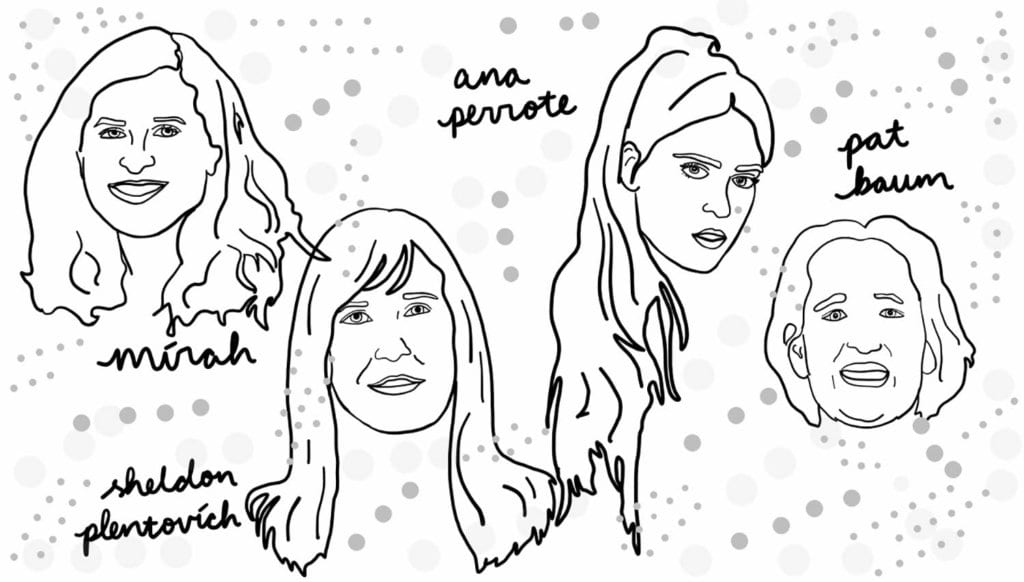
Vinyl’s archival quality and value as art might keep it from the landfills, but according to the Plastic Pollution Coalition, over 10 billion CDs and DVDs made their way to landfills as the music industry transitioned to digital downloads. “I always release my CDs in either a cardboard sleeve or digipak,” says singer-songwriter Mirah, who has been very aware of plastic use in her 20-plus years in the industry. “The advent of digital downloads and streaming cuts down on the plastic involved with physical merchandise, but it’s not like there are no environmental impacts [from] the ‘device industry’ that digital media depends upon.” Streaming a song or downloading an album depends on vast physical data centers that consume energy and require cooling and, according to The Yale School of Forestry and Environmental Studies, gives the data industry a comparable carbon footprint to the airline industry. For Pat Baum—drummer of the late-’‘70s/early-’‘80s band Neo Boys, environmental educator, and filmmaker—the less visible environmental impact of digital media is just one reason she’ll always stick with other mediums. “I still want to have something tangible that I can hold,” she says. “The other day I discovered some CDs I didn’t even know I had. They didn’t get lost into the digital world.” Baum works with underprivileged youth on environmentally-themed film projects and has been very active with turtle conservation efforts in her hometown of Todos Santos, Mexico.
Some institutions are responding to calls for action. According to environmental think-tank Powerful Thinking, several United Kingdom music festivals, including Glastonbury and Shambala, have significantly reduced their plastic waste over the years. If the public pressure was there, perhaps similar strategies could be adopted internationally, reaching the greater festival industry and event sponsors. According to NPR, the pressure from Filipino activist and environmental educator Froilan Grate’s brand auditing program has won the attention of the very companies producing plastic that clogs Filipino beaches. Grate organized activists to sort through the trash, tally the brand names on the garbage, and publicize this information to put pressure on companies.
Sheldon Plentovich, who works as the Pacific Islands Coastal Program Coordinator with the U.S. Fish and Wildlife Service, has witnessed first-hand the impact of plastic waste on the environment. She works in coastal habitats in Hawaii and the Northwest Hawaiian Islands, and has seen the effect on turtles, the endangered Hawaiian monk seal, and seabirds such as albatross and wedge-tailed shearwaters. These species are primarily affected through ingestion and entanglement. Plentovich emphasizes that we must recognize the effect of plastic on all levels of the food chain: “Plastic is lipophilic. It attracts fatty substances and also bonds with persistent organic pollutants that bioaccumulate… So, [plastic] becomes a little more toxic after attracting these compounds. It is ingested by sea turtles who mistake it for jellyfish, and also by whales. It breaks down into microplastics, gets into krill, and enters us through the fish we eat. It’s going to get worse as more plastic enters oceans and breaks down. In mainland environments, you have this sense of endless space, but in Hawaii the effect is so pronounced. We are seeing the results of how the rest of humanity is living.”
Plentovich has hope that musicians can bring about change when it comes to our waste: “Seeing [an albatross] sitting completely devoted on her egg, you develop this fondness for how trusting these species seem. And when you see them die, full of plastic, it’s so heartbreaking. Humans’ desire to live a convenient lifestyle has a far-reaching effect. I would love for people to think, ‘Is it ok that [my] behavior [has] significant negative effects on other beings?’ Do what’s right in your own life; and if you’re a musician, maybe [there’s an opportunity to] have significant influence on others.”
In the face of all the environmental issues facing society today, it can be difficult to feel the urgency surrounding plastic consumption. But reducing plastic waste is a great way to introduce environmentally conscious behaviors into our decision making processes. And the problem of plastic waste is tied to other environmental and social issues: it is a product of the petroleum industry that contributes to global warming, and also quite possibly the most visible marker of unbridled consumerism. Many musicians and industry professionals seem to agree that limiting our plastic consumption is not only necessary, but empowering. Our collective action demonstrates that we have the ability to affect the capitalist designs that cause plastic waste in the first place. And musicians are in the ideal position—behind the mic and on stage—to instill hope and inspire change.
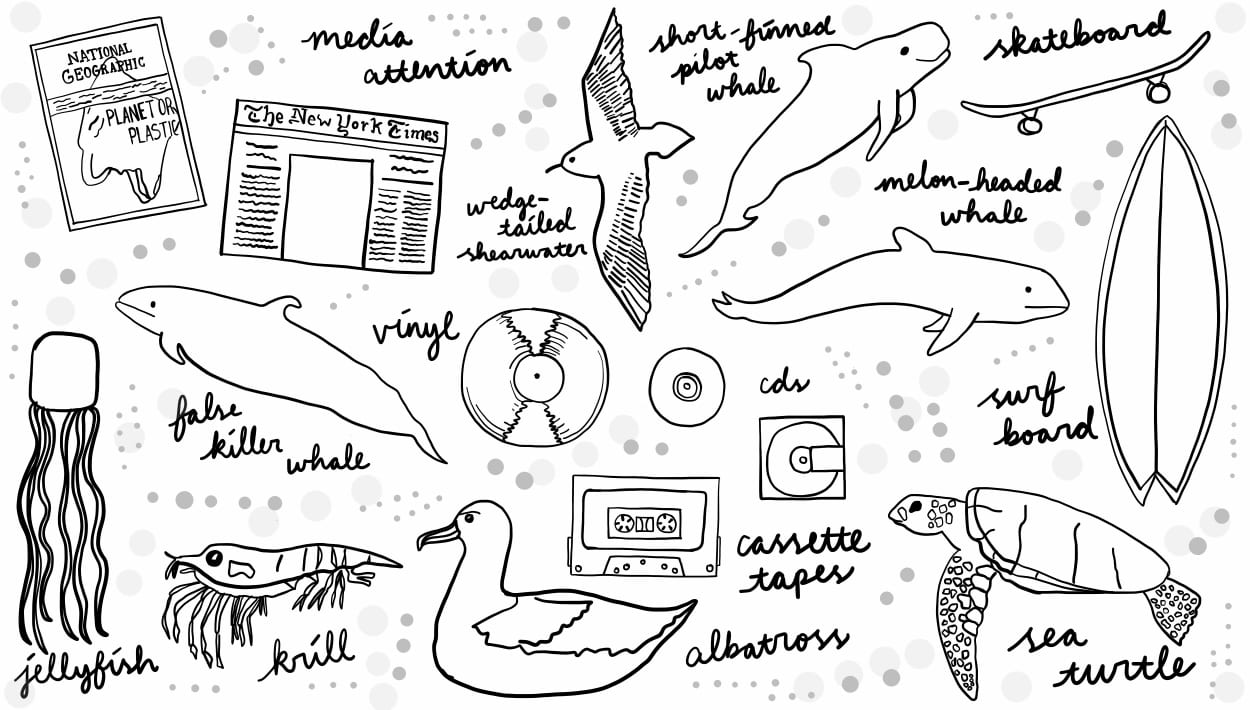

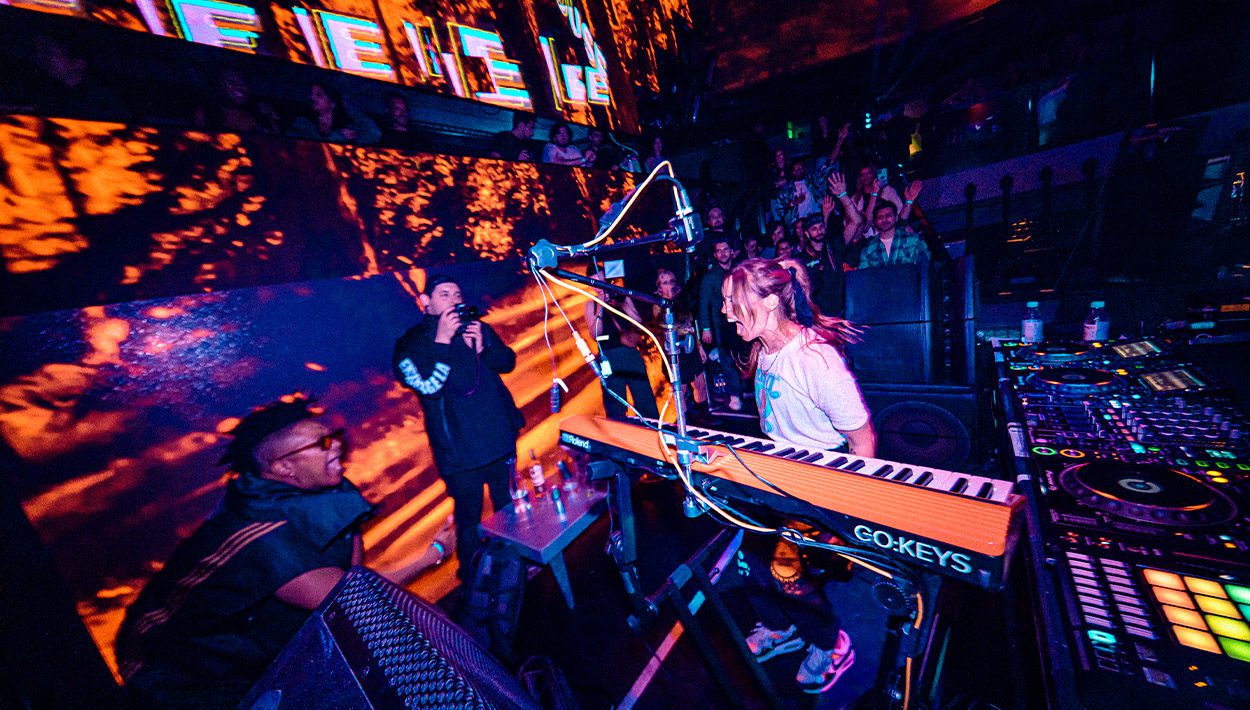
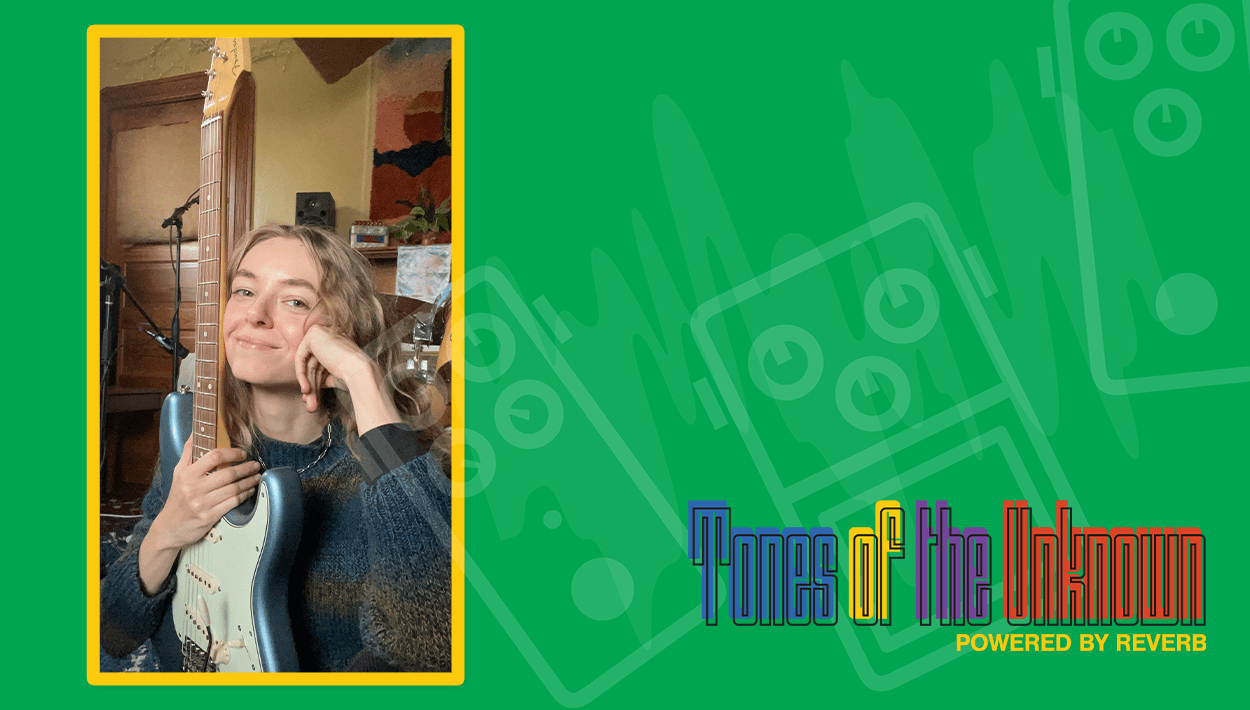
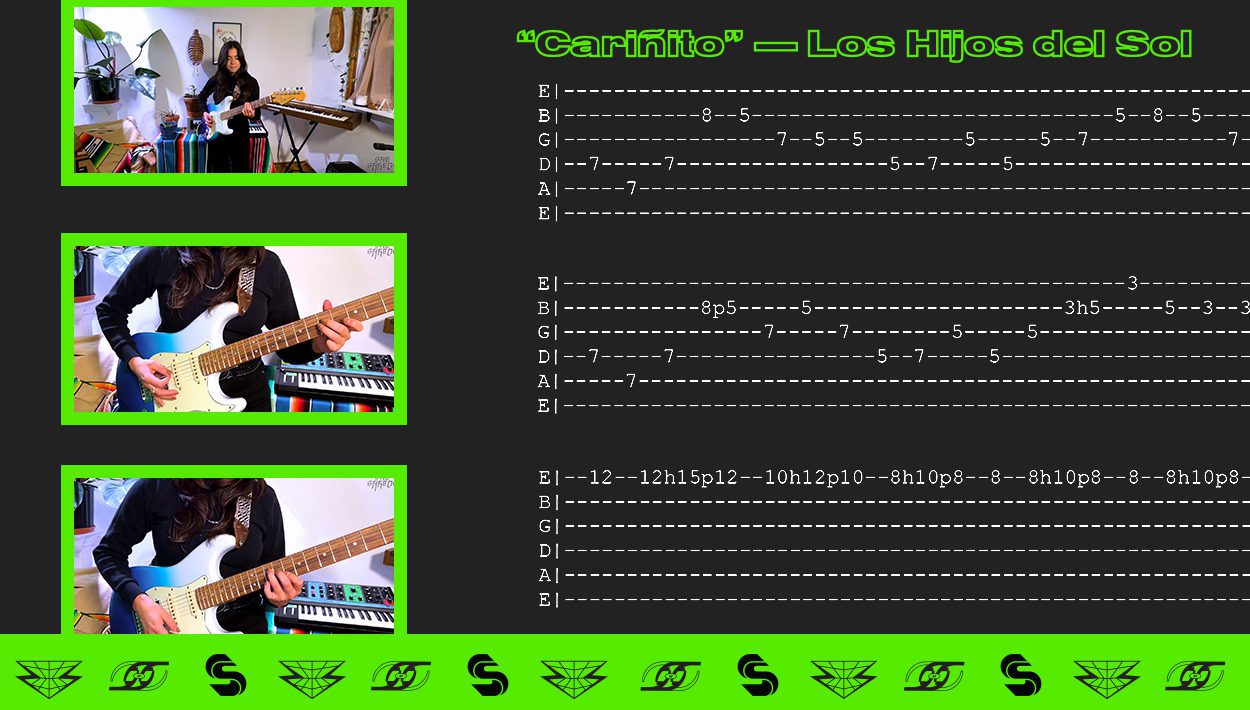
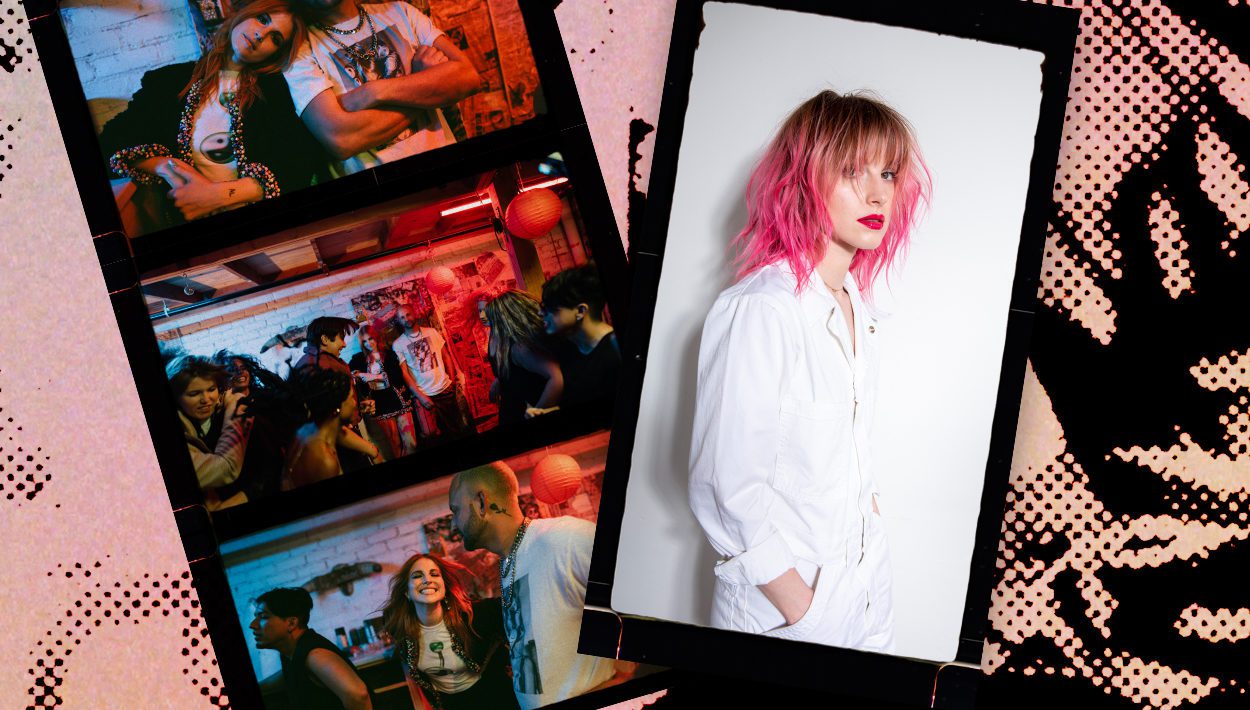
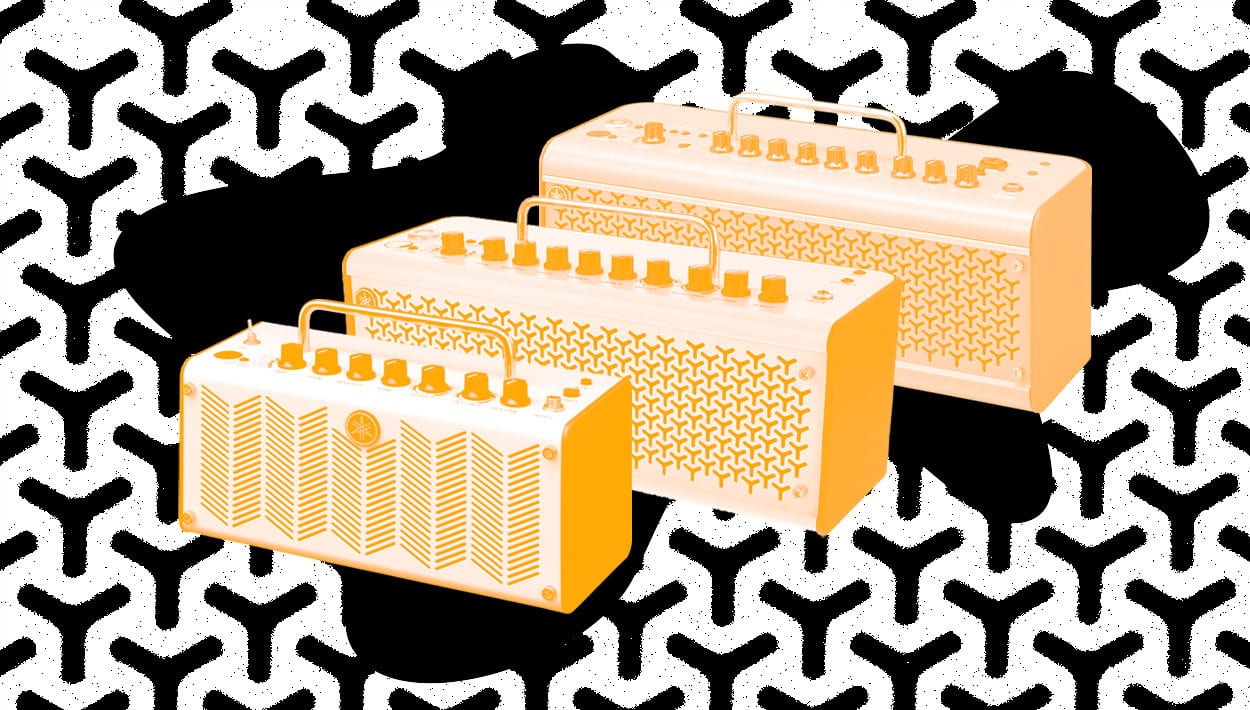
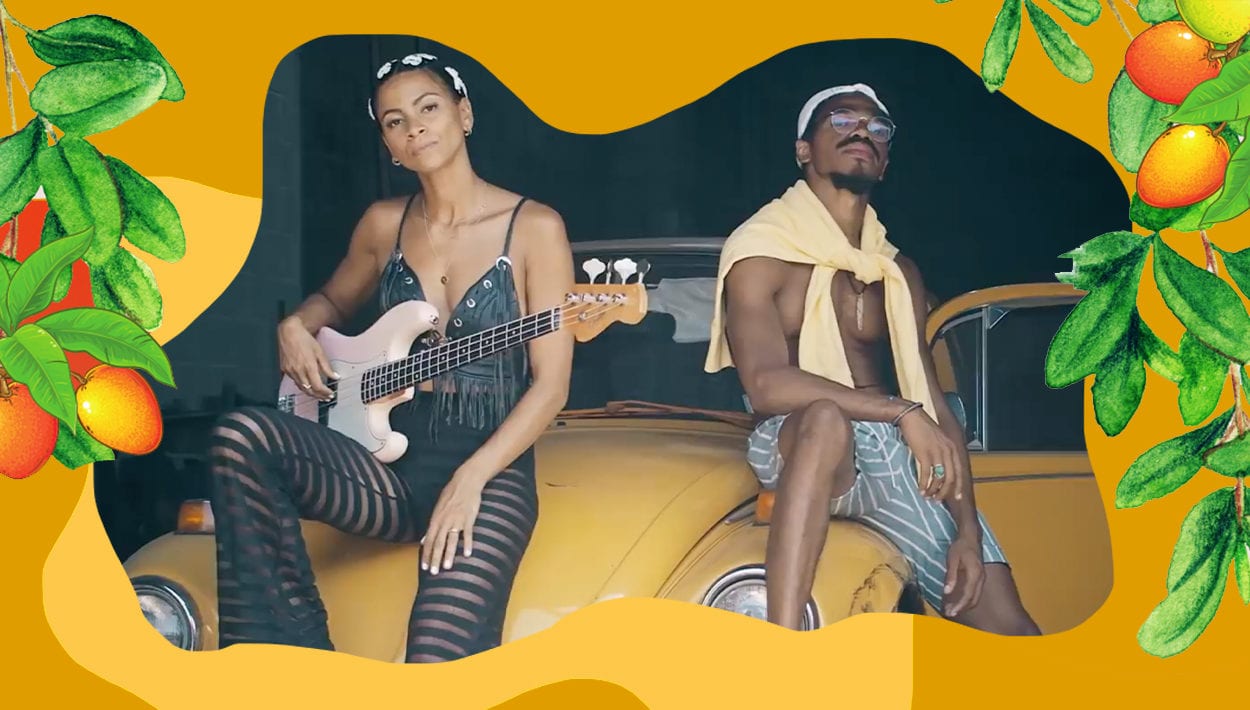
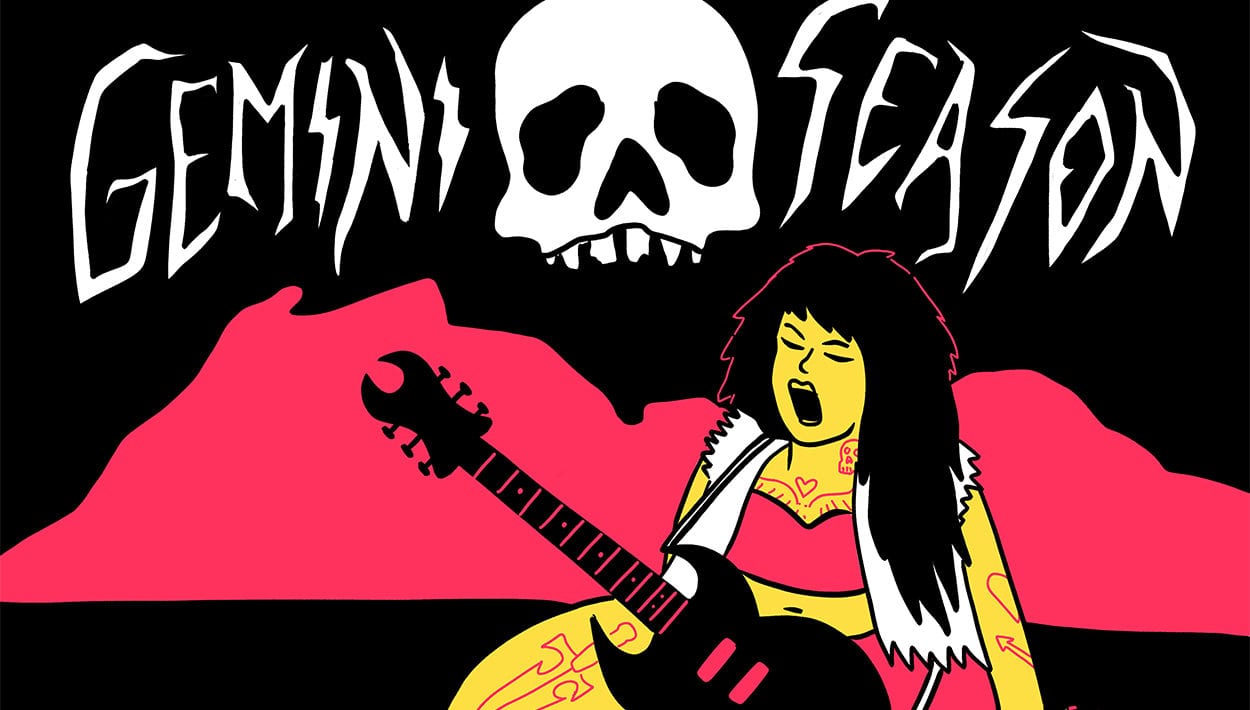

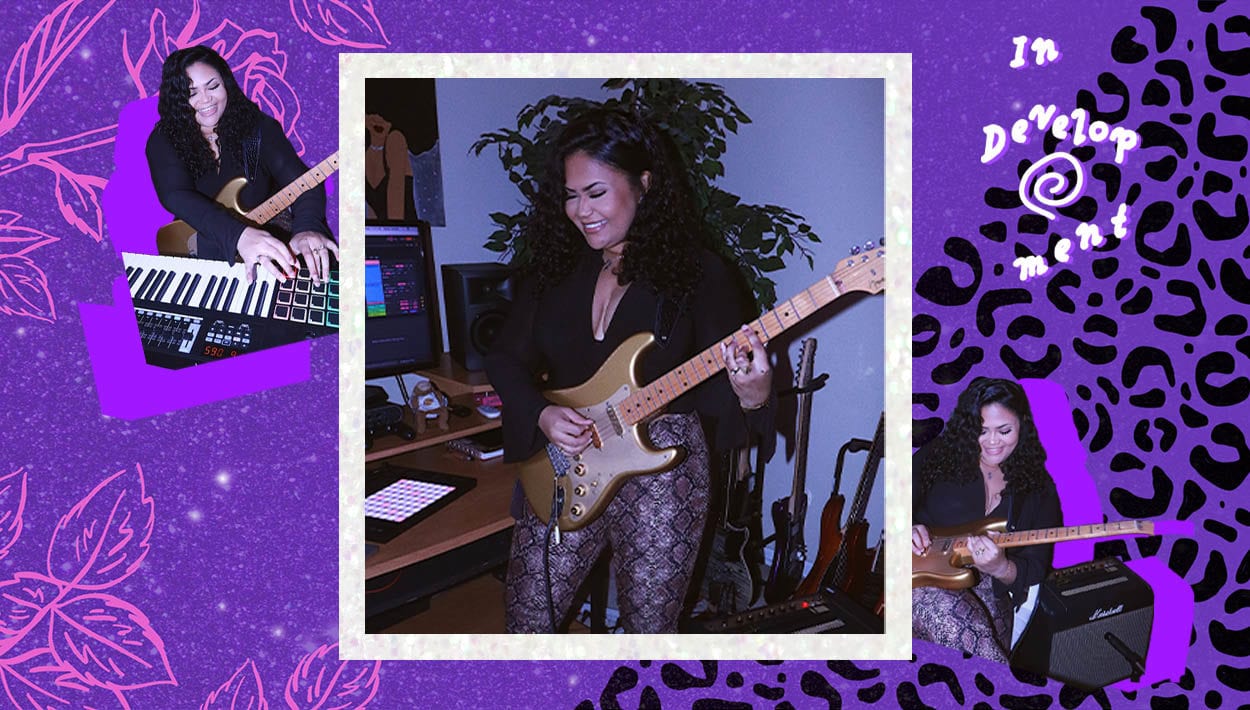
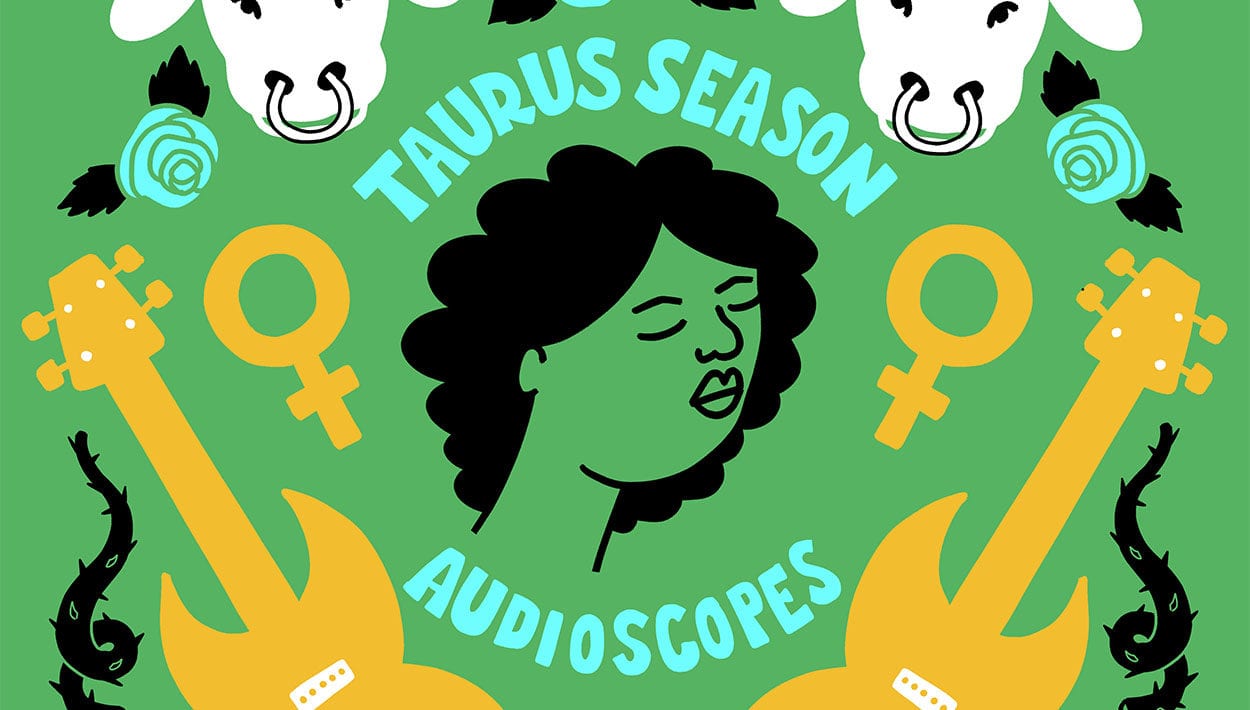


Comments
[…] understand the movement to push sustainability forward in the guitar industry, one needs to get to know Taylor Guitars. In order to understand the […]
Pingback by She Shreds Media on May 10, 2021 at 10:07 amThank you for keeping the topic on waste recycling up-to-date. This is very important for our planet now. We must take care of the cleanliness and order in our places of residence. Without recycling and reuse, our planet will soon become a large trash heap. I am already silent about our ocean, in which there are huge islands of garbage, but few people talk about it.
Comment by North London on August 27, 2021 at 4:52 amFascinating article. Thanks for sharing with us. Now it is very important to convey information to every person, how important it is to recycle waste, plastic and other things. Nowadays, most people still do not think about it and it scares.
Comment by West London on September 8, 2021 at 8:20 amKudos to the author for shedding light on the imperative issue of plastic waste reduction in the article ‘USE THE MIC: Speaking Up About Plastic Waste Reduction.’ The urgency to address this environmental challenge resonates across industries, including architecture. As a leading architecture company in Dubai (https://ckarchitecture.com/), we recognize our responsibility to contribute to sustainable practices.
Comment by Ren Foster on December 11, 2023 at 1:01 pm